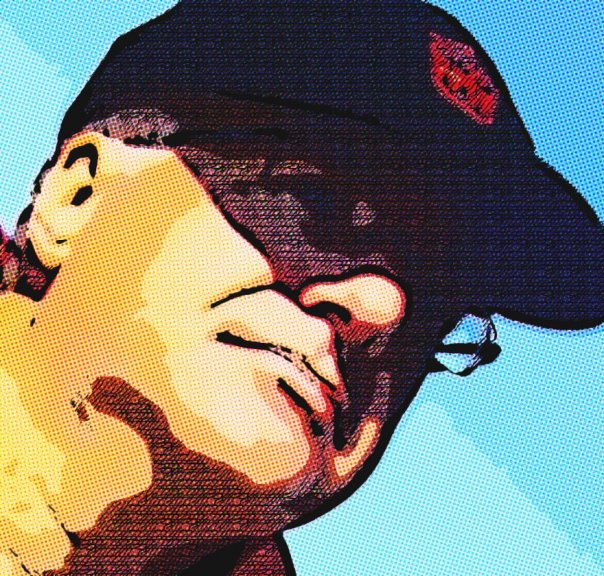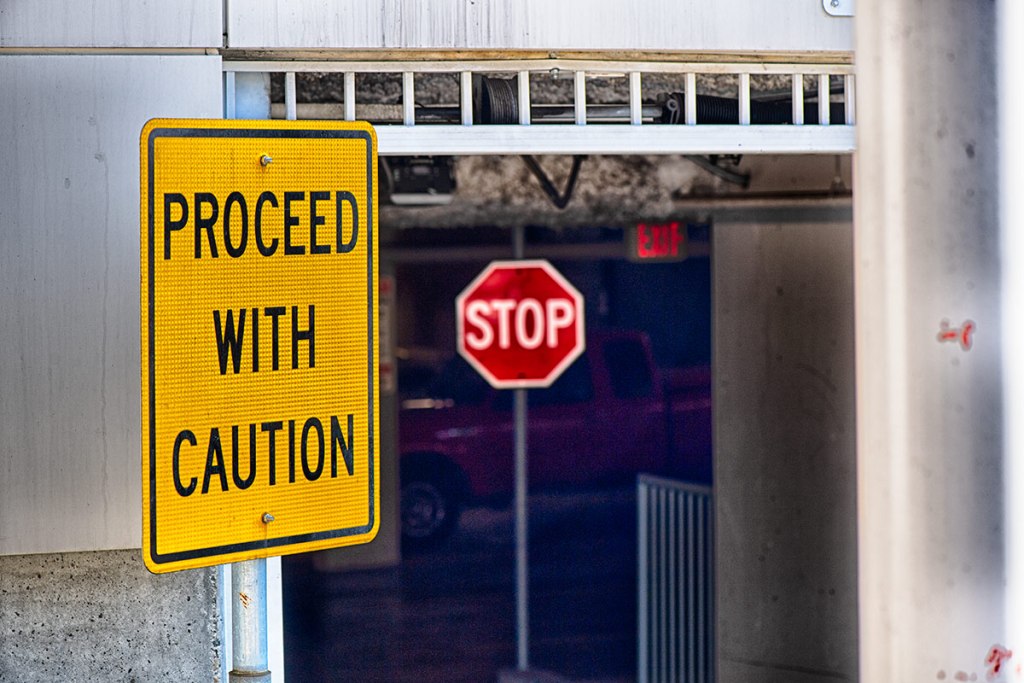This podcast discusses suicide in a graphic manner and may be disturbing to some listeners.

This is a first person narrative documentary created by Help Text founder Emma Payne. It was originally produced in 2017.
In 2002, colleague and friend Emma Payne’s husband Barry died by suicide. As she struggled to make sense of things, I gave Emma a mini-disc recorder and suggested that, like keeping a journal, just talking into the recorder might be helpful.
15 years later, Emma listened to the recordings for the first time and we started to work together on what would become a single episode podcast called The 20 Minute Walk.
Originally released in 2017, the podcast has been remastered and re-released in 2022 to mark the 20th anniversary of Barry’s death.

Robert Ouimet
producerSubscribe: Apple Podcasts | Spotify | Email | RSS
Resources:
Canadian Association for Suicide Prevention






